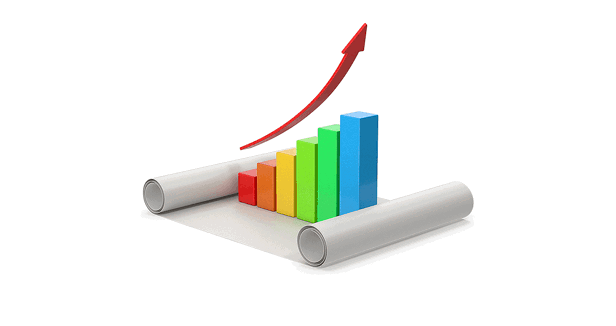
IPOs and follow-ons
What are IPOs and follow-ons?
The value of your investment can go down and you can lose all the money you originally invested. Shares are a high-risk product. They may also have risks relating to the geographical area, industry sector and/or underlying assets in which they invest.
This page is for educational purposes only. Bestinvest does not currently provide the facility to invest in IPOs and follow-ons.

What are IPOs and follow-ons?
IPOs
An initial public offering (IPO) is the process through which a private company offers shares to the public for the first time and is often the first opportunity for individual investors to buy shares in the business.
Follow-ons
A follow-on is the offering of additional shares once a company has already completed its IPO and is publicly traded on an exchange.
Follow-ons are most frequently conducted by way of an accelerated bookbuild (ABB). This involves a bank seeking orders from investors over the course of a matter of hours or a day. Shares tend to be sold at a discount to the prevailing share price.
Why invest in IPOs and follow-ons?
IPOs
Early stage investment
You get the opportunity to invest at the early stage of a company’s lifecycle when the runway of growth is still very significant.
High growth potential
When a company goes public, it can use the money it raises to fund new product launches, acquire other companies, and grow into different geographies. Sales and profits may accelerate as a result.
Discounted pricing
To ensure demand for new shares, IPOs can sometimes be priced at a discount to their intrinsic value versus comparable companies.
Follow-ons
Avoid share dilution
This gives you the chance to maintain your proportionate holding, often at a discount to the market price.
Clear and fair pricing
Investors benefit from zero commission and no stamp duty when they buy shares in a follow-on.
Accelerated growth
The capital that a follow-on provides may result in a better outlook for the company, allowing it to reduce debt and lower financial risk, or accelerate growth through increased capital expenditure or acquisition.
The disadvantages of investing in IPOs
Price volatility
When the shares start to be publicly traded, prices are set by supply and demand. Shares could have been misplaced and could rise or fall. Volatility can be high, especially if the company performs differently to expectations at the time of the IPO.
Higher risk of loss
Despite extensive disclosure of information to the public, there is still a high degree of uncertainty as to whether a company’s management will perform and deliver their strategy. Prospective investors shoulder carefully consider the risk factors highlighted in the disclosure document published in connection with the IPO before investing.
